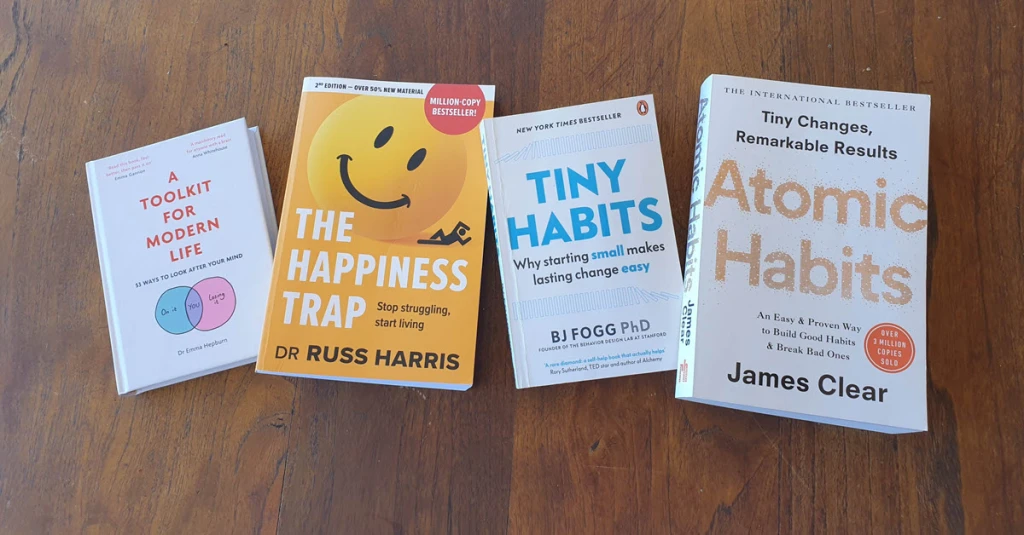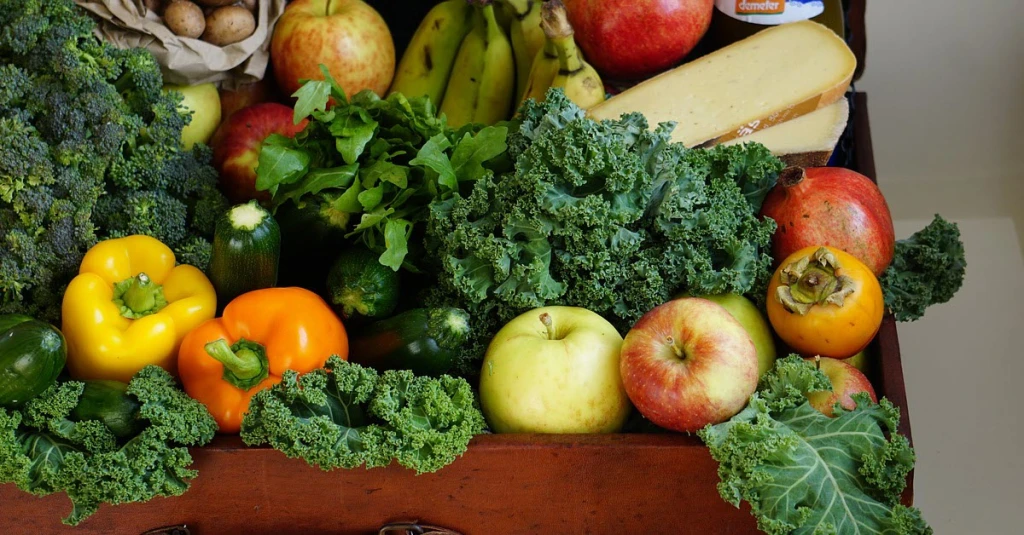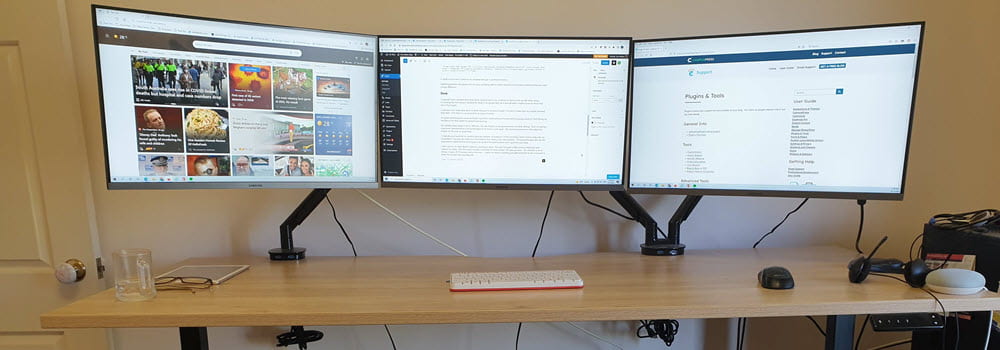Last night I attended E-Show n Tell Online Unconference where one of the topics chosen by participants to discuss was “How do we aggregate or classify all the great resources.” Concerns were with so many resources, tools and information it is very easy to suffer from information overload leading to not knowing where to start, what to do which can lead to you doing nothing.
My answer was simple:
Social networking = great resources = your friends help you rank them
but for those that are not effective social networking it does require greater explanation.
I don’t need:
- information put into one place with a tagging system so I can find what I want easier
- be told this is all I need to know
- this is what I need to focus on
Sure it might be nice? But unless it is constantly being updated accurately, by knowledgeable people, it will only reflect past resources and information, not the most current and certainly not is what is happening now! Past is good but now is better!
However I do understand it is very overwhelming for people new to the online world to decide which tools to use (e.g. blogs, wikis, bookmarking sites) and what resources will help them learn how to use the tools. And the solution is the MOST IMPORTANT resource — PEOPLE not resource aggregators!!
Build up a strong network of friends and they willingly help you:
- With the answers
- Help you choose what tools are worth using
- Show/Explain why you should try using a tool
- Provide you with links to the best resources for learning how to use the tool
- If necessary, they will even help you learn how to use the tool
For example, my strong network of friend taught me how to use tools like Twitter, Second Life, Facebook and how to be a better blogger. Okay! Lets not blame my friends if I am not a better blogger — friends can only do so much!
Most of my friends who help me, I have not meet in person, I met and interact with them online = social networking. For new people starting out you need to realise that my networking with others did not happen overnight. It is the same as building relationships face-to-face — it takes time. You get out what you put in!
So how do you get involved with social networking and build up a network of people?
1. Online presence
People are more likely to want to network with you if you have an online presence. Reality is many of the people you might like to network with already have a large network of friends — online presence helps show why you are worth networking with. The stronger the value of your online presence the more reason they will have to network with you.
Start creating your online presence one step at a time by setting up a site such as a wiki, blog, podcast or ning community — whatever you feel comfortable with. If you are struggling for ideas on what to put on your site why not use the site for pulling together all the information you are learning — that is how I use my sites (I started with a podcast site then a wiki, then this blog and now a Ning community).
2. Start connecting with others
- Locate and subscribe to blogs you would like to read – easiest way is to check out the blogroll (or in my case the Blogs I like to Read — please note like others I read a lot more blogs than in on my list and need to update my list) on blogs you do read and use these links to find blogs
- Blogging is all about conversations – if you want to connect with bloggers you need to make the effort to write comments on their posts
- Start connecting with people using different social networking sites e.g. I use sites like Facebook, Twitter, Second Life, Flickr, Ning.
Remember when you are making connections — that the value of a social network lies in the strength of your network. All social network sites look dull and lifeless without the right network e.g. without friends Second Life will feel very lonely.
As you become experienced you will realise which people provide you with the best information i.e. who you can trust. For many online tools, I wait until I hear enough of these people telling me something is worth checking out — then I check it out.
As you build your network I strongly recommend that you reflect on Stephen Downes words of advice on The Personal Network Effect. You do need to have enough knowledgeable friends with diverse backgrounds — too many = information overload — too few = poor information.




Leave a comment